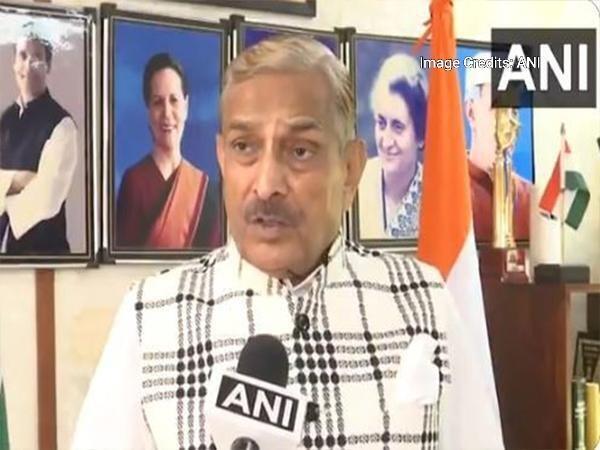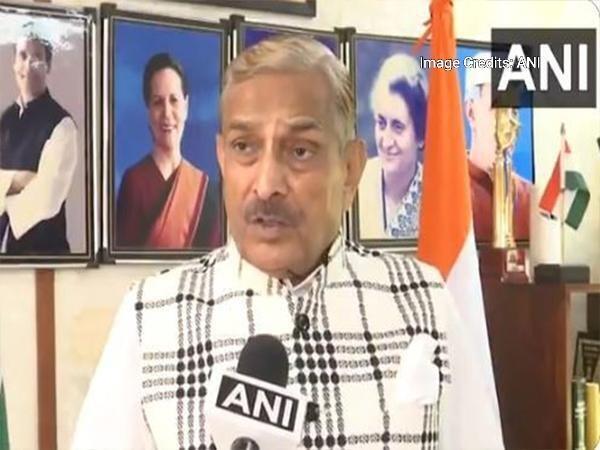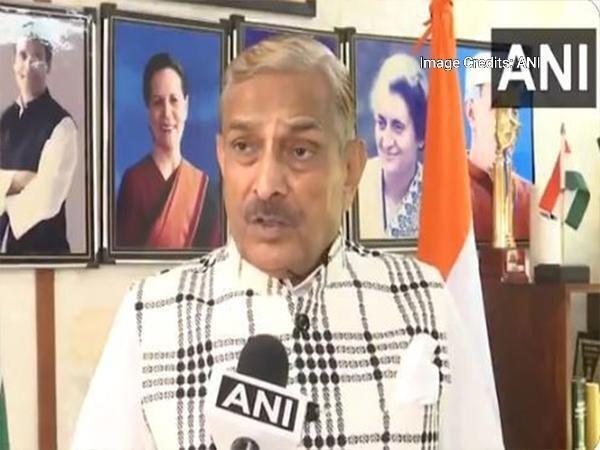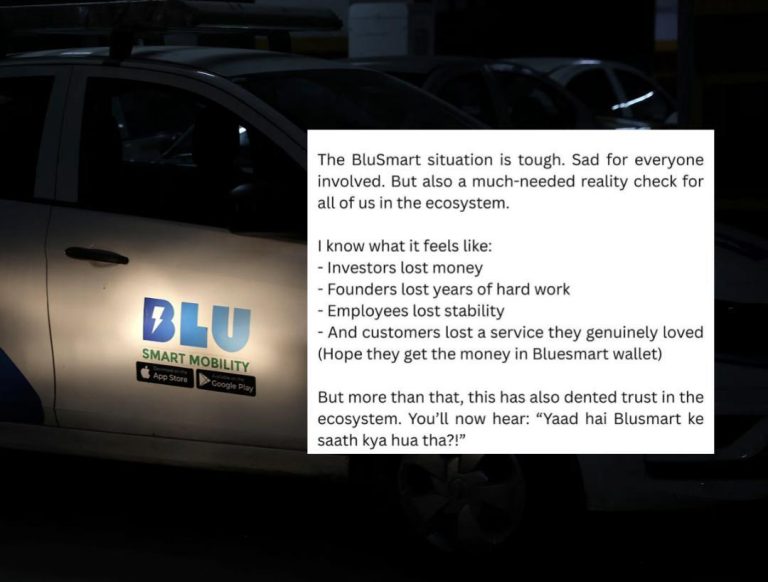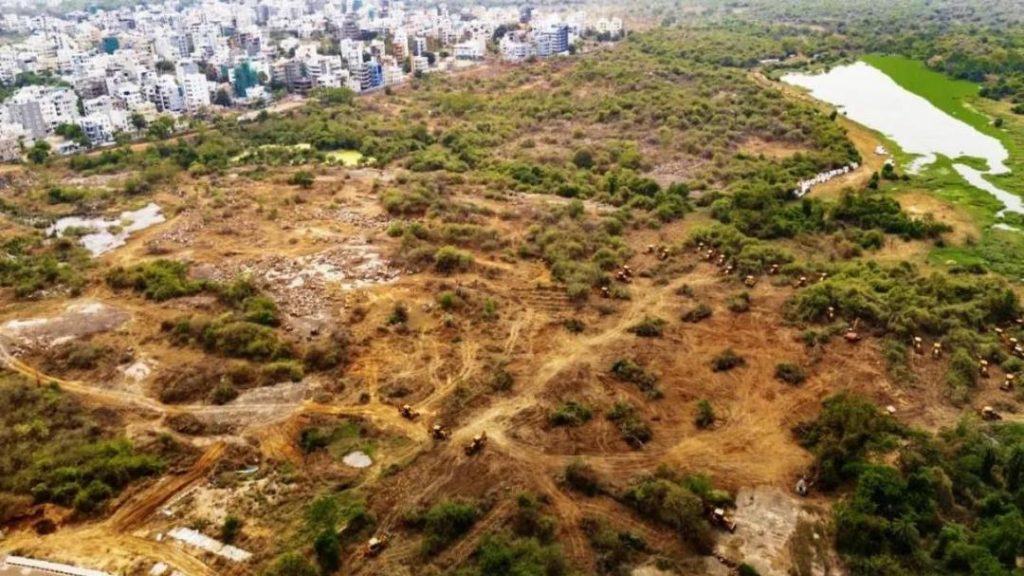
CEC Exposes How TGIIC Tried to Bypass Laws in Kancha Gachibowli
A recent report by the Central Empowerment Committee (CEC) has shed light on the alleged irregularities committed by the Telangana Industrial Infrastructure Corporation (TGIIC) in the felling of trees at the Kancha Gachibowli land in Telangana. The report, which has raised serious doubts about the permissions used by TGIIC, has also rejected the claims made by the Chief Minister and the Congress party that there is no wildlife in the area.
The CEC report highlighted a systematic lack of transparency and irregularities in the entire process of tree felling and land acquisition. According to the report, TGIIC had failed to comply with the statutory requirements and procedures, including the Environment Impact Assessment (EIA) and the Public Hearing process. The report also found that the company had not obtained the necessary clearances from the relevant authorities, including the Telangana State Pollution Control Board (TSPCB) and the Forest Department.
One of the main claims made by the authorities was that the land belonged to the government, and therefore, no private entity could have any right over it. However, the CEC report has cast doubt on this claim, stating that even the ownership of the land is unclear. The report has pointed out that the land was previously acquired by the government in the 1990s for a national highway project, but it was never developed and was subsequently transferred to TGIIC in 2007.
The CEC report has also raised questions about the role of the government and its agencies in the entire process. According to the report, the government had failed to exercise its regulatory powers and had allowed TGIIC to bypass the laws and procedures. The report has also highlighted the lack of transparency and accountability in the decision-making process, and has called for a thorough investigation into the matter.
The controversy surrounding the Kancha Gachibowli land has been ongoing for several years, with environmental activists and local residents expressing concerns about the impact of the tree felling on the local ecosystem. The area is home to several endangered species of plants and animals, and the destruction of the forest cover could have long-term consequences for the environment.
In response to the CEC report, the Chief Minister of Telangana, K. Chandrashekhar Rao, had claimed that there was no wildlife in the area and that the reports of tree felling were exaggerated. However, the CEC report has rejected these claims, stating that there is indeed wildlife in the area and that the tree felling had caused significant harm to the environment.
The Congress party, which has been critical of the government’s handling of the issue, had also claimed that there was no wildlife in the area. However, the CEC report has demolished these claims, stating that there is evidence of the presence of wildlife in the area and that the destruction of the forest cover could have long-term consequences for the environment.
The Kancha Gachibowli controversy is just the latest in a series of controversies surrounding the Telangana government’s handling of environmental issues. In recent years, the state has been plagued by issues such as pollution, deforestation, and wildlife habitat destruction, which have raised concerns about the government’s commitment to environmental protection.
The CEC report has sent a strong signal that the government cannot be allowed to bypass the laws and procedures, and that transparency and accountability are essential for good governance. The report has also highlighted the need for a thorough investigation into the matter, and has called for the implementation of the recommendations made by the CEC.
In conclusion, the CEC report has exposed the systematic irregularities committed by TGIIC in the felling of trees at the Kancha Gachibowli land in Telangana. The report has rejected the claims made by the Chief Minister and the Congress party that there is no wildlife in the area, and has highlighted the need for transparency and accountability in the decision-making process. The report has also raised questions about the role of the government and its agencies in the entire process, and has called for a thorough investigation into the matter.
